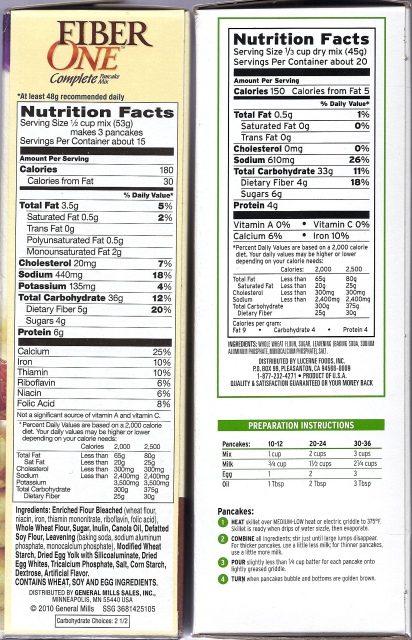The Gut-Brain Connection: How it Works and Role of Nutrition
The gut and the brain are in constant communication with each other through a complex network of nerves, hormones, and immune cells. This network is known as the gut-brain axis, and it plays a vital role in our overall health and well-being.
The gut-brain axis is bidirectional, meaning that the gut can send signals to the brain, and the brain can send signals to the gut. This communication allows the gut to influence our mood, behavior, and cognitive function. It also allows the brain to control gut function, such as digestion and absorption of nutrients.
How the Gut-Brain Connection Works
The gut-brain connection is mediated by a number of different mechanisms, including:
* The vagus nerve: The vagus nerve is a long nerve that connects the brain to the gut. It carries signals from the brain to the gut and from the gut to the brain.
* Hormones: Hormones are chemical messengers that are produced in the gut and travel through the bloodstream to the brain. Some hormones that are involved in the gut-brain connection include serotonin, dopamine, and norepinephrine.
* Immune cells: Immune cells are located throughout the gut and play a role in regulating the gut-brain connection. Immune cells can produce cytokines, which are small proteins that can travel through the bloodstream to the brain.
* Microbiota: The gut microbiota is the community of trillions of bacteria, viruses, and other microorganisms that live in the gut. The gut microbiota plays a vital role in the gut-brain connection by producing neurotransmitters, hormones, and other molecules that can influence brain function.
Role of Nutrition
Nutrition plays a critical role in the gut-brain connection. The foods we eat can have a significant impact on the health of our gut microbiota, which in turn can affect our brain health.
Some foods that are beneficial for the gut-brain connection include:
* Probiotics: Probiotics are live microorganisms that, when consumed in adequate amounts, can provide health benefits to the host. Probiotics can help to improve the balance of gut bacteria, reduce inflammation, and produce neurotransmitters that can positively affect brain function.
* Prebiotics: Prebiotics are non-digestible fibers that feed probiotics. Prebiotics can help to increase the number of beneficial bacteria in the gut and improve gut health.
* Healthy fats: Healthy fats, such as those found in olive oil, avocados, and nuts, can help to reduce inflammation and improve gut function.
* Fiber: Fiber is important for gut health and can help to promote a healthy gut microbiota. Fiber can also help to reduce inflammation and improve brain function.
Conclusion
The gut-brain connection is a complex network of nerves, hormones, and immune cells that allows the gut to communicate with the brain and vice versa. This communication plays a vital role in our overall health and well-being. Nutrition plays a critical role in the gut-brain connection, and the foods we eat can have a significant impact on our brain health. By eating a healthy diet that includes probiotics, prebiotics, healthy fats, and fiber, we can help to support a healthy gut-brain connection and improve our overall health and well-being.
-
Weight loss with type 1 diabetes and very limited movement
QuestionI am 54, weigh 94 kg and in May 2011 had my right leg amp
-
Sugar withdrawals
QuestionI have been consuming huge amounts of sugar products for
-
self sabotage symptoms
QuestionHi Lela, Im 32, 53 and 190 lbs. My BMI is 33 and
-
Fitness and weight
QuestionIm an Indian, 33 and 1/2 years, doing research work, and
-
Right amount of exercise
QuestionHi Richard. Im 21, 5 foot 10 inches and clock in at about
-
having or not having breakfast affects appetite at lunch
QuestionAs long as I can remember, whenever I eat breakfast in th



